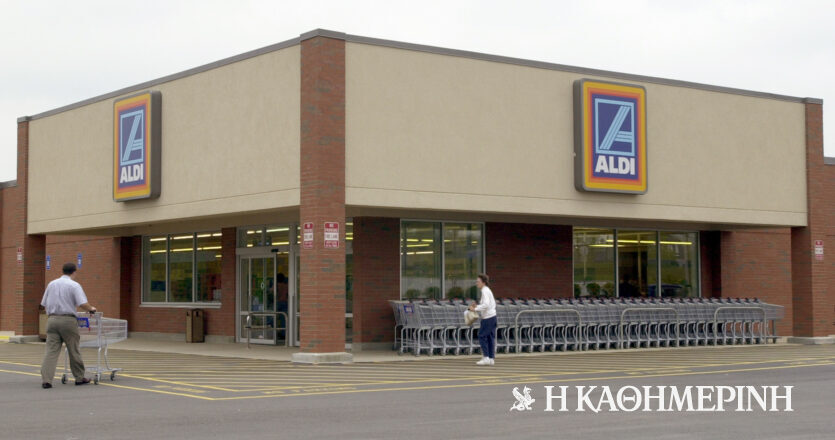
They came, saw, and left. The reason behind the multinational retail and catering chains that started their activity in the Greek market, often “after a lot of trouble”, and in the end left it badly, despite the fact that they are successfully operating in the rest of the world. For example, Germany’s Aldi may be one of the largest supermarket chains in the world, with nearly 12,500 stores in Europe, the USA and even China, but it didn’t leave Greece until after 1.5 years of operation. The arrival in Greece of France’s Fnac in 2005 was a major retail event, which left the Greek market after five years, while German technology chain Saturn also had an ignominious end. In the midst of a pandemic but after being discredited several years ago, Pizza Hut in Greece, one of the most famous pizza chains (along with the hall) in the world, has closed down completely. The corner shop in Ermou did not last long enough for Forever 21 to get back on its feet, as the problems in this case are related to the bankruptcy of the parent company.
Economic crisis, incorrect estimates of consumer behavior, unfortunate partner choices, the main causes.
The economic crisis of the past decade, wrong choices of partners for development in the Greek market, non-exhaustive research on conditions in the Greek market and Greek public administration, but also on consumer habits in Greece, are alleged to be the main reasons behind the ignominious end of multinational chains in Greece, although Despite the fact that it is a country that consumers love well-known brands.
At the same time, of course, chains arrive in the country such as the Polish Sinsay, which on Friday opened its first store in Greece, namely in Heraklion, Crete, the Polish Pepco, the British JD Sports, the Holland & Barett which is developed by the Furli group and others. After all, retail – and to a lesser extent – is an industry that has always been characterized by great mobility and rapid adaptation to current market conditions.
Fnack
Greek consumers have never been charmed
It was a July afternoon in 2010 when it was announced that two of the three main stores of the French technology and cultural product chain Fnac, in The Mall Athens and Glyfada, would now operate under the generic brand, while for a short time it remained in operation under the Fnac department store. Which was only opened by the French chain in November 2009. Fnac started its activity in Greece with festive colors in 2005, the “fat cows” era, by participating in a joint venture with the Marinopoulos Group, in which the French company owns 51% and the Greek company 49%. The company’s plan, as announced in November 2009, was to establish 8-10 stores by 2012, of which 5-6 are in Athens, 2 in Thessaloniki and the rest in Patras, Larissa and Ioannina. Fnac’s withdrawal from Greece in the summer of 2010 while Greece was already in a memorandum of understanding was largely linked to the onset of the economic crisis in the country. Earlier, however, it has become clear that the series did not have the expected appeal for the Greek audience, while there are not a few who associate the trip with the fact that it was developed in collaboration with the Marinopoulos group, whose activities had a well-known ending set in the years that followed. .
Pizza Hut
The different model that did not withstand crises
It appeared in Greece in 1989, opened its first store in Kefalari, and left forever in 2020, the first year of the pandemic. The reason behind one of the most famous restaurant chains in the world, Pizza Hut, is the pizza announced in 1997 even by the last leader of the Soviet Union, Mikhail Gorbachev, and two years earlier, in 1995, by the subsequent US President Donald Trump.
In the decade 2000-2010, the company grew rapidly and reached a network of 45 stores, but the economic crisis that broke out in Greece in 2010 caused strong tremors, as it caused a decline in consumption outside the home.
After all, Pizza Hut has been developing mainly on the basis of the on-site consumption model, with stores with large halls and much less based on the pick-up and delivery model, which means higher operating costs.
In the period from 2010 to 2014, 27 stores of the chain were closed and the activity was limited to Attica only. The economic crisis, comparatively high prices, lack of renewal, as well as absence from online platforms, in addition to the 2020 closure, led to the decision to permanently close the chain in Greece in the summer of 2020. It should be noted that the chain was developing in Greece from Food Plus SA
Saturn
High quality products are very expensive while the crisis was coming
It is advertised as an electrical goods chain with premium products with high aesthetics but also high prices. And it was. Except that in 2008, when I started working in the Greek market, the financial crisis was less than two years away. The reason is the German Saturn, a subsidiary of the Media Saturn group, which has already been operating in Greece under the Media Markt brand since 2005. The first Saturn store was opened on Syngrou Street in September 2008, to be followed two months later by a store in Gerakas and three stores Another until 2011. Then the Germans decided to rename two stores above and one more (in Stavropoli, Thessaloniki) to MediaMarkt, which was their most affordable and widespread brand, and close two more Saturns stores at Larisa station and in Belaya Thessaloniki. Based on the developments in the following years, this may have been the beginning of the total end of the Media Saturn group in Greece, where in 2019 it passed into the control of the public (P interests). , and did not increase its shares, despite the “lock” in “Electronics”, and proceeded to incorrect manipulations, as an example of operating an expensive hardware store in the area of \u200b\u200bthe Larissa station.
21 forever
A great opening, and it ended two years later
It opened its doors to the Greek public on April 1, 2017. Does this matter? Could. The opening was not an April Fool’s joke, but the plans to continue and expand into the Greek market were. Forever 21 opened a single store of 3,000 square metres, spread over four levels at the intersection of Ermou and Evangelistria Streets, which closed after two years, with the reality hating the name (Forever means “forever”). The inauguration took place on March 31, 2017, in a glamorous event with artists and models, an event in which nothing foreshadowed the inglorious end of the low-cost casual chain.
Initial plans provided for the expansion of the chain in Thessaloniki and other cities of the country, as well as in shopping centers. Teren Management Europe holds the right to develop the chain in Greece and in a total of 16 countries.
However, the ignominious end of the American series Forever 21 is clearly linked to the negative path of the parent company based in Los Angeles, which went bankrupt in September 2019 and decided to end its activities in Asia and Europe and focus on the American market. .
The store that housed Forever 21 on Ermou Street now houses the Fourlis Group’s Intersport store.
Plus my dad
Large investments did not yield results
The prize for the shortest-lived supermarket chains in Greece seems to have been claimed by German Plus and Aldi, the first arriving in Greece in 2006 and leaving in 2008 by selling its stores to “AB Vassilopoulos” and the second in 2008 and leaving in 2010. Both of them In fact, they made significant investments in warehouses and distribution centers. In addition, he has developed 33 stores and 38 Aldi stores, with the latter investing €1.2 billion for stores and two distribution centers in Thessaloniki and Patras. Aldi’s exit has been particularly dramatic since it occurred in 2010, a year which, due to the financial crisis, was thought to favor its sales, because it presents tough competition and consumers have already begun to turn to private label products.
Plus’s departure from Greece is largely related to changes in the ownership status of the parent group (in 2007 it was acquired by the Edeka group by 70%) and that stores belonging to the Tengelmann group were acquired by others.
The case of Aldi Sud, widely seen as Lidl’s formidable competitor, is very different. Although the sources of the German company claimed that the decision to withdraw from the Greek market is related to the state of the Greek economy, market analysts believe that mishandling with management played a motivating role – there were even successive management changes at the top. Company levels in the fall of 2009 – particularly with regard to the high cost of developing stores and distribution centers. The year he left Aldi, Dia Hellas was acquired by Carrefour – Marinopoulos, while two years later, the French Carrefour also “waving the scarf”, selling his stake to “Marinopoulos”, with a familiar continuation in the following years. In 2014, it was the turn of another German group, Metro Group, to leave the Greek market by selling Makro Cash & Carry (renamed The Mart) to “Sklavenitis” and having completed 22 years of presence in the Greek market.
English house
The Turkish company that did not enter Greek homes
The latest exit from the Greek market is that of Turkish household goods chain English Home, which after closing 17 stores in the past two years has also closed its flagship store in the River West shopping centre.
The Turkish chain entered the Greek market in 2014, without being able to achieve significant profits and sales.
The successive changes in its management, as well as the alleged disputes with the owners of the real estate where its stores are located, are a decisive factor in the negative path of the company.
The company, which was founded in 2008 in Turkey and belongs to the Aydın business family, has a positive trajectory in Turkey, as well as in Bulgaria and Romania, while it also has stores in Poland and Ukraine.
In total, the Turkish chain has more than 400 stores in Turkey and the above countries.

“Total alcohol fanatic. Coffee junkie. Amateur twitter evangelist. Wannabe zombie enthusiast.”

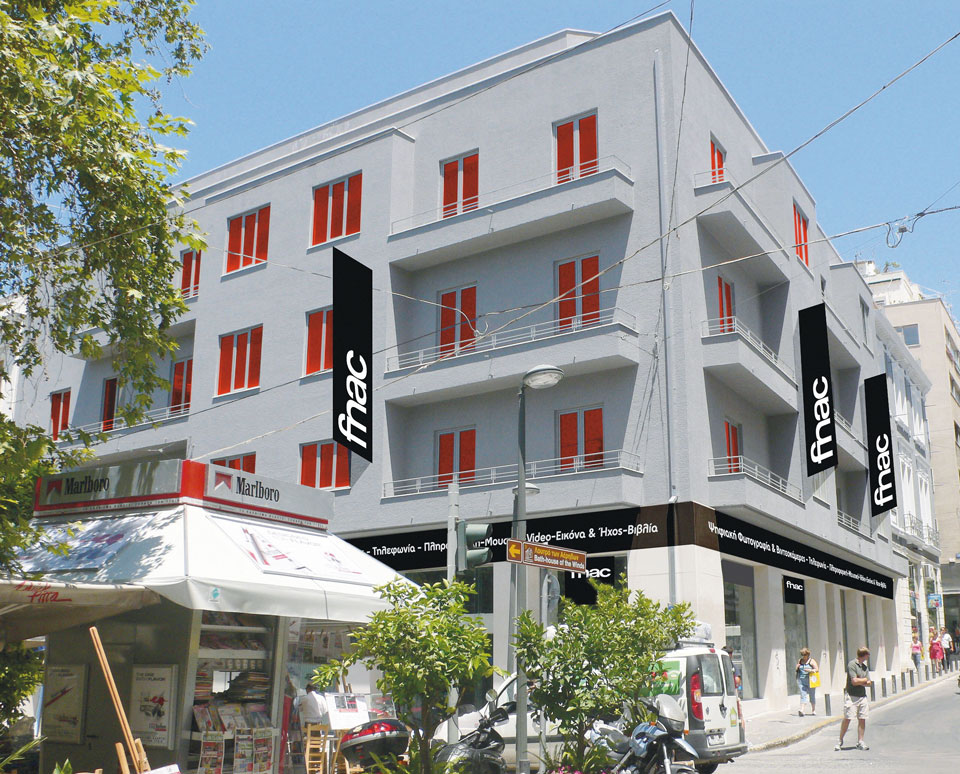
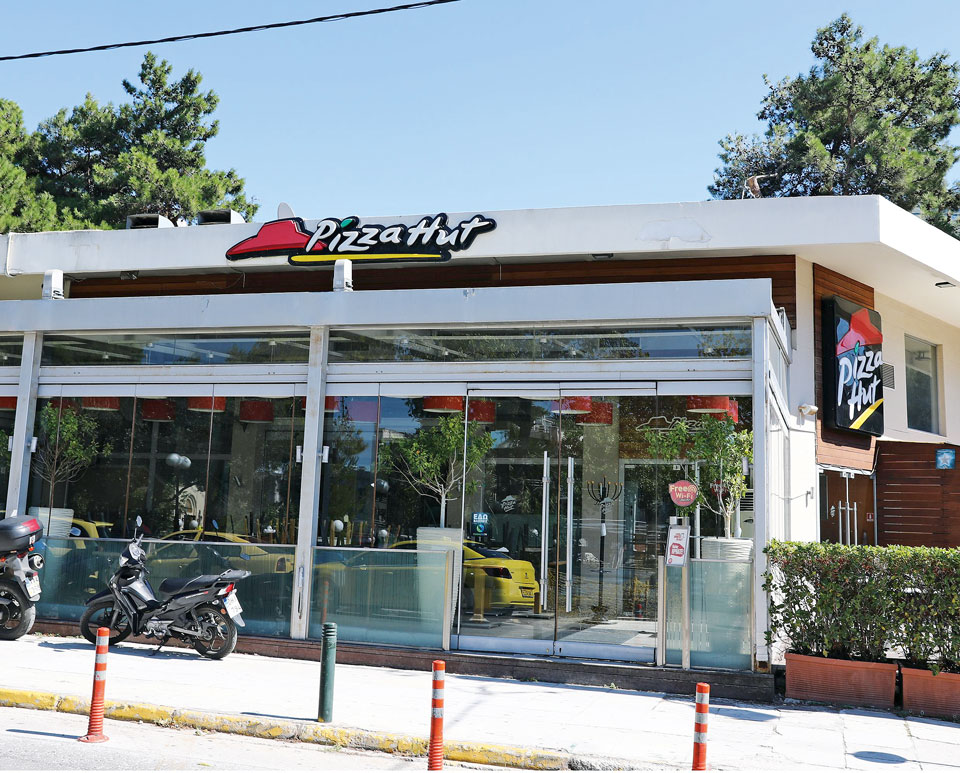
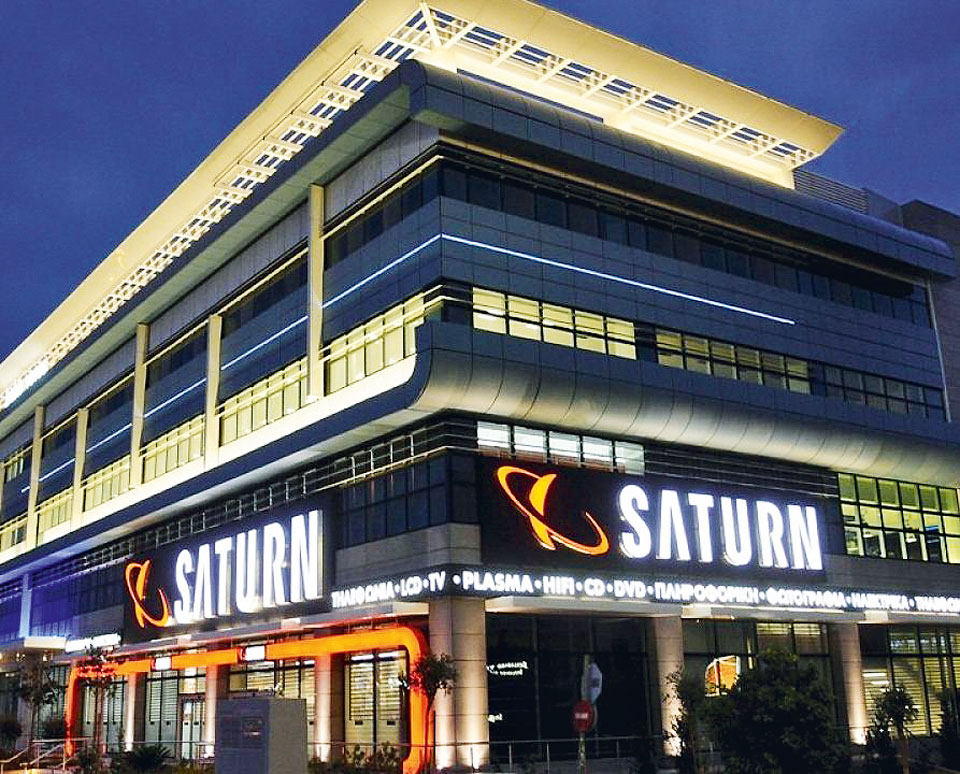
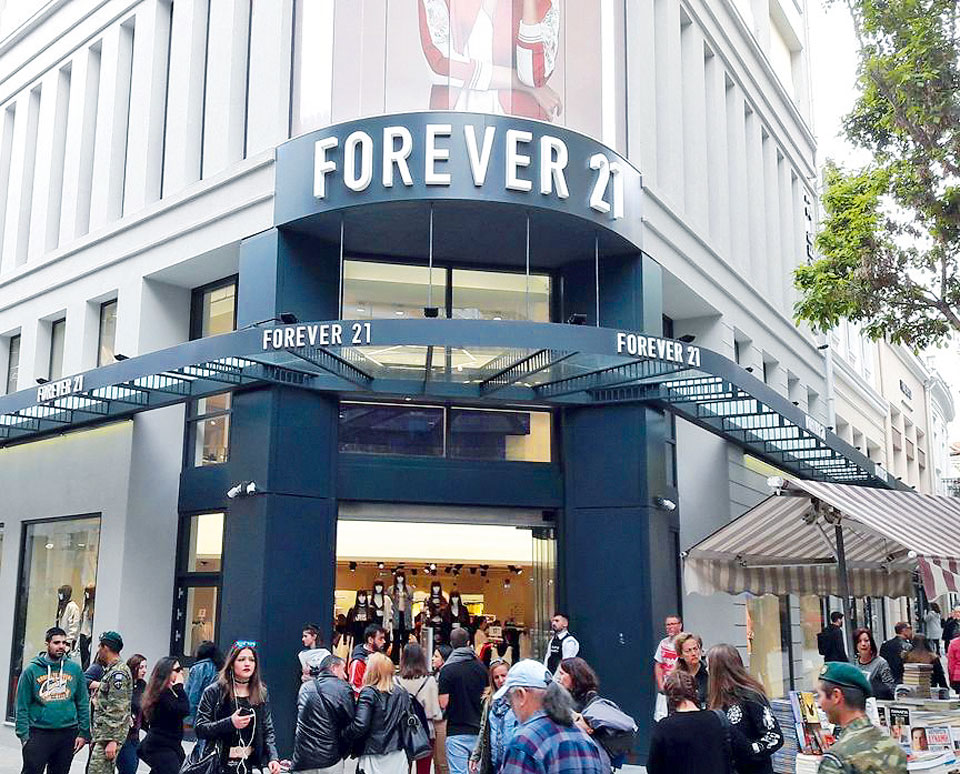




More Stories
Is this what the PS5 Pro will look like? (Image)
Finally, Windows 11 24H2 update significantly boosts AMD Ryzen – Windows 11 performance
Heart Surgeon Reveals The 4 Things He ‘Totally Avoids’ In His Life